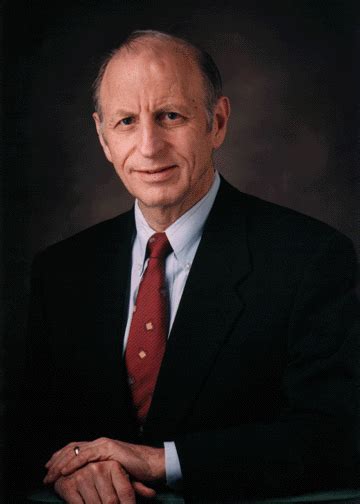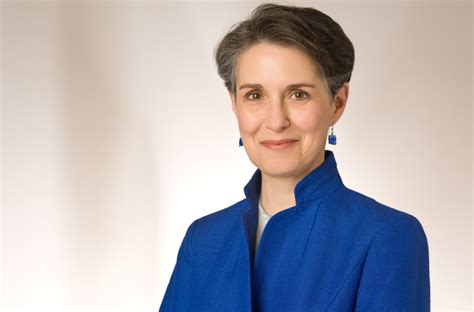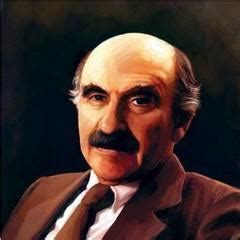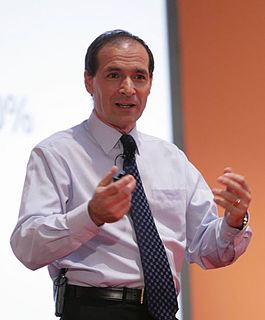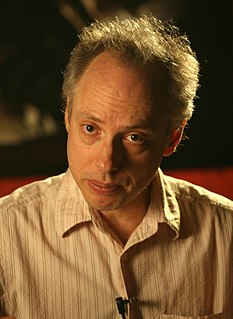A Quote by Watts Humphrey
Innovation is the process of turning ideas into manufacturable and marketable form.
Quote Topics
Related Quotes
Creativity is the generation and initial development of new, useful ideas. Innovation is the successful implementation of those ideas in an organization. Thus, no innovation is possible without the creative processes that mark the front end of the process: identifying important problems and opportunities, gathering relevant information, generating new ideas, and exploring the validity of those ideas.
If you want the best things to happen in corporate life you have to find ways to be hospitable to the unusual person. You don't get innovation as a democratic process. You almost get it as an anti-democratic process. Certainly you get it as an antithetical process, so you have to have an environment where the body of people are really amenable to change and can deal with the conflicts that arise out of change an innovation.
It's the unlikely juxtaposition of creativity and logic which causes the wooliness and confusion around the term 'innovation'. Everybody wants to be innovative; many companies and ideas are proclaimed to be innovative and no one doubts that innovation is a money spinner. And, thus, we are all looking for the magic formula. Well, here you go: Creativity + Iterative Development = Innovation.
Someone once said that innovation is a done idea. I agree. I believe that creativity is the individual development and conceptualization and that innovation in an organizational sense is implementing ideas and intentions that come from that creativity. So in a sense, creativity is more a leadership function and innovation is more a managerial function.
